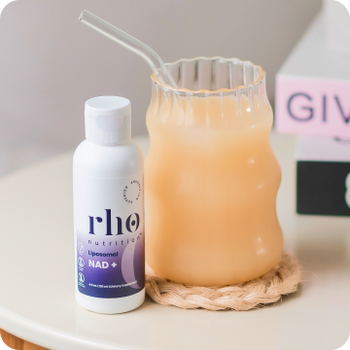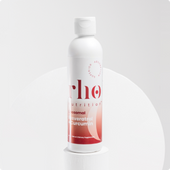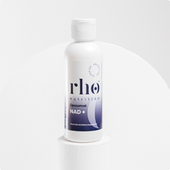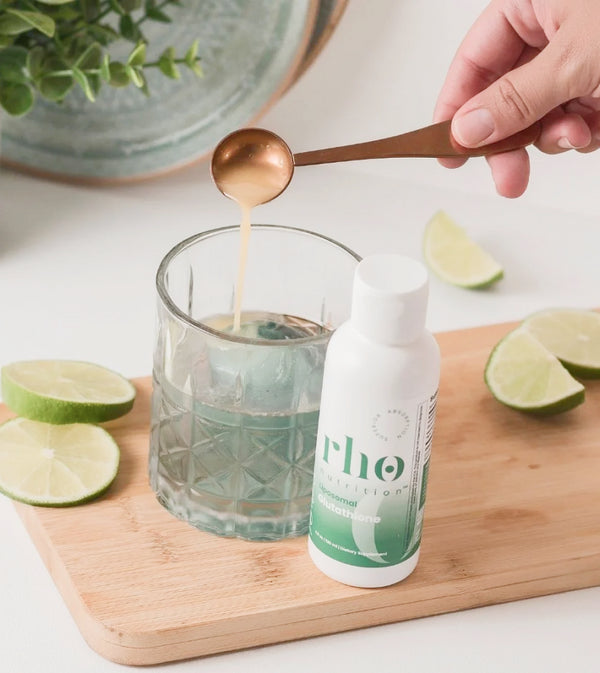Curcumin is the active ingredient in turmeric, a plant used as a spice and food coloring. It has been used in Ayurvedic medicine for centuries. Curcumin is also an antioxidant and anti-inflammatory that has been shown to be effective in treating many conditions, including arthritis and cancer.
Irritable bowel syndrome (IBS) is a common medical condition that occurs due to an increase in gas production, slow gut transit or increased sensitivity of the gut
Irritable bowel syndrome (IBS) is a common medical condition that occurs due to an increase in gas production, slow gut transit or increased sensitivity of the gut. It affects the colon and can cause bloating, gas, constipation and diarrhea.
IBS is diagnosed by a doctor based on symptoms. There are no tests for IBS. The doctor will ask questions about your symptoms and do an examination of your abdomen and pelvis. A stool test may be done if there is blood in your stool or if you have severe diarrhea (more than six loose stools per day). If there are other problems with your health such as inflammatory bowel disease or celiac disease then these should be ruled out before diagnosing IBS which will help determine what treatment options are best for you.
Curcumin is the active ingredient in turmeric and has been used in Ayurvedic medicine for centuries
Curcumin is the active ingredient in turmeric and has been used in Ayurvedic medicine for centuries. It's natural, which means it can actually do some good for your body.
Although it's not a miracle cure, adding curcumin supplements or turmeric tea to your diet could help relieve IBS symptoms such as bloating, gas and abdominal pain.
At least one clinical trial found curcumin to be effective in nonspecific abdominal pain
Curcumin can be effective for people with nonspecific abdominal pain. In one study, curcumin was shown to be similarly effective as ibuprofen for this purpose.
However, curcumin may not be helpful for everyone with IBS and other types of abdominal pain. It's important to note that this is a preliminary finding based on the results of just one clinical trial—more research needs to be done before we can make any definitive conclusions about the effectiveness of curcumin in treating all types of IBS symptoms.
They conducted a study to evaluate the effects of curcumin on bloating, flatulence and other IBS symptoms in adults
They conducted a study to evaluate the effects of curcumin on bloating, flatulence and other IBS symptoms in adults. The researchers used a randomized, double-blind, placebo-controlled trial to assess the efficacy of oral curcumin in reducing symptoms of IBS compared with placebo. They measured bloating and flatulence before and after treatment with or without placebo for 8 weeks.
They also measured severity of abdominal pain/discomfort and stool consistency during the same period.
They found that compared to placebo, curcumin intake significantly improved gastrointestinal symptoms (bloating) but not abdominal pain/discomfort or stool consistency.
In this study, a total of 85 participants with IBS were given 2000 mg of Curcumin daily for 30 days
In this study, a total of 85 participants with IBS were given 2000 mg of Curcumin daily for 30 days. The researchers observed that there was a significant decrease in both bloating and abdominal discomfort. Moreover, they also found that the probiotic treatment improved their overall health and quality of life as well.
The findings suggest that curcumin may be beneficial in reducing symptoms associated with IBS (like bloating). However, further studies are needed before we can make any definitive claims about its effectiveness.
At the end of the study, they found a significant reduction in all measured parameters, which confirmed its efficacy in reducing symptoms associated with IBS
The researchers found that curcumin supplementation significantly reduced all measured parameters of bloating, flatulence and other IBS symptoms.
The study was randomized, double-blinded, placebo-controlled and lasted for one month. Twenty patients were recruited for this study and randomly assigned to either receive a single daily dose of 3 grams of curcumin extract or placebo (an inert substance). They were evaluated at baseline and after 30 days. The researchers found that curcumin supplementation significantly reduced all measured parameters of bloating, flatulence and other IBS symptoms. No side effects were observed in any participant during the treatment period or after its discontinuation.













Leave a comment